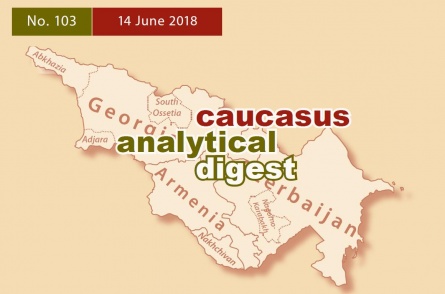
Rural areas in the Southern Caucasus region suffer from a growing shortage of healthcare professionals, Gulnaz Isabekova of CRC 1342 describes in an article recently published in Caucasus Analytical Digest #103. Doctors, mid-level professionals and midwifes move to urban areas or migrate to Post-Soviet countries where they seek and find higher salaries, better working conditions and professional development opportunities. The uneven distribution of healthcare workers jeopardizes the rural healthcare systems and the quality of the services.
Isabekova describes a mismatch between the large number of medical school graduates and the number of vacant positions in rural areas. The governments of Armenia, Azerbaijan and Georgia should create stronger incentives for healthcare professionals to work in rural areas. According to Isabekova potential incentives include faster promotion tracks, extra training, fellowships, grants and bonuses to salaries. Also the number of mid-level professionals needs to be increased and their training should be strengthened. This may ensure at least access to basic services.
Further information:
Gulnaz Isabekova (ed.) (2018): Access to Healthcare, Caucasus Analytical Digest No. 103
Gulnaz Isabekova (2018): Healthcare Workers in the Southern Caucasus: Availability, Migration and Patients’ Access to Healthcare, in: Caucasus Analytical Digest No. 103, pp. 6-17, DOI: 10.3929/ethz-b-000269801
The publication is available online.
Contact:
Dr. Gulnaz Isabekova
CRC 1342: Global Dynamics of Social Policy, Research Centre for East European Studies
Klagenfurter Straße 8
28359 Bremen
Phone: +49 421 218-57073
E-Mail: gulnaz@uni-bremen.de










